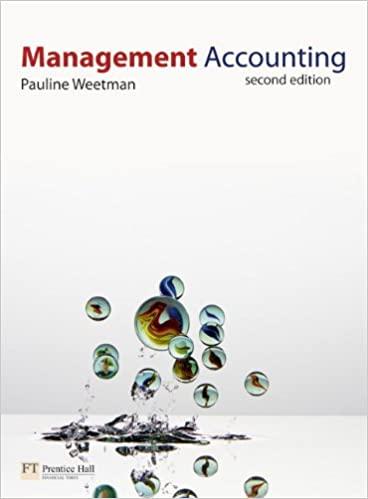Answered step by step
Verified Expert Solution
Question
1 Approved Answer
Lizzy owns 100% of Crown Inc., an S corporation. Crown Inc. needs to take out a loan. Can the loan transaction be structured in a
Lizzy owns 100% of Crown Inc., an S corporation. Crown Inc. needs to take out a loan. Can the loan transaction be structured in a way that Lizzy's debt basis increases?
- No, only C corporation shareholders receive debt basis for corporate debts.
- No, the only way for Lizzy to increase her debt basis is to personally borrow money from Crown Inc.
- Yes, Lizzy must be listed as a guarantor of the loan.
- Yes, the loan can be made directly to Lizzy, who subsequently loans the funds to Crown Inc.
What is the treatment of negative qualified business income (QBI) in a tax year?
- The negative QBI does not result in a benefit in the current tax year and does not impact future tax years.
- The negative QBI is carried forward to subsequent years to offset future positive QBI.
- The negative QBI is carried forward and reported on Schedule C of Form 1040.
- The negative QBI is converted into a capital loss.
All of the following observations can be learned from Musslewhite v. Commissioner, TC Memo 2022-57, except:
- A taxpayer may hold real estate primarily for sale to customers in the ordinary course of the taxpayer's trade or business and, at the same time, hold other real estate for investment.
- A property once held as inventory for sale to customers may not change in character for federal income tax purposes.
- Real estate may constitute inventory, rather than a capital asset.
- To be inventory, the taxpayer must hold the real estate primarily for sale to customers in the ordinary course of the taxpayer's trade or business.
The Inflation Reduction Act of 2022 imposes a new excise tax on stock buybacks. At what rate is the excise tax levied?
- 1% of the fair market value of any corporate stock that is repurchased during the taxable year.
- 10% of the fair market value of any corporate stock that is repurchased during the taxable year.
- 1% of the book value of any corporate stock that is repurchased during the taxable year.
- 10% of the book value of any corporate stock that is repurchased during the taxable year.
Step by Step Solution
There are 3 Steps involved in it
Step: 1

Get Instant Access to Expert-Tailored Solutions
See step-by-step solutions with expert insights and AI powered tools for academic success
Step: 2

Step: 3

Ace Your Homework with AI
Get the answers you need in no time with our AI-driven, step-by-step assistance
Get Started


